In Depth
Inside the Archives: George Soros and the Fight for Roma Dignity
For over 40 years, George Soros has been the leading private supporter of Europe’s Roma—the continent’s largest and most excluded ethnic minority—championing Roma leaders in their fight for equality and against deep-rooted discrimination.
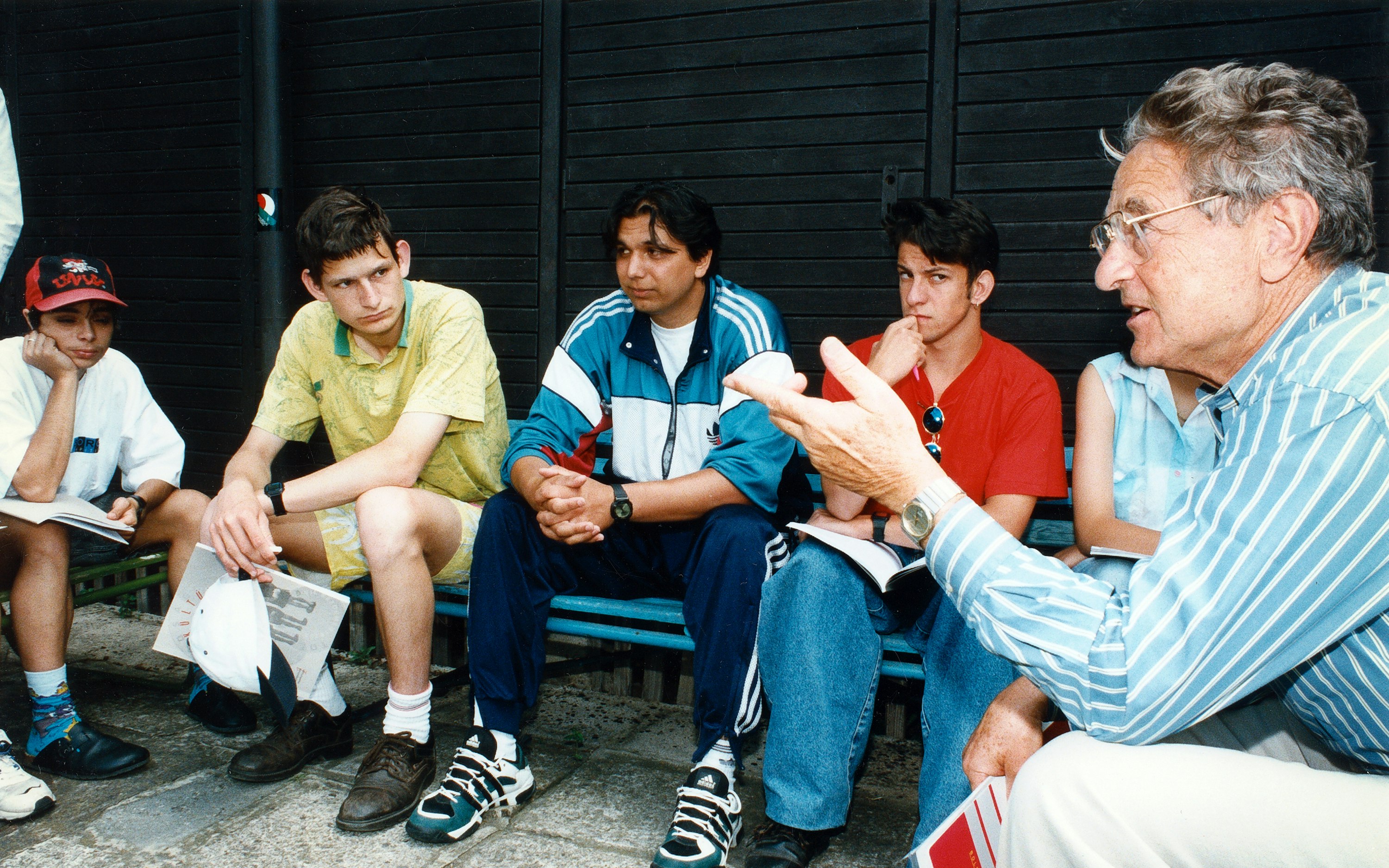
Inside Open Society
Forging New Paths to Green Development for the Global South

With climate disasters becoming more frequent and economic insecurity fueling unrest, the green transition can be a vital catalyst for countries to become more equal and prosperous, while protecting the planet.
Visual Storytelling
Q&A: Visual Witnesses: Photojournalism in a Changing World

World Press Photo Foundation's executive director reflects on the organization’s legacy, its evolving role in photojournalism, the impact of AI on the industry, and efforts to promote diversity and inclusivity in visual storytelling.
Inside Open Society
Reimagining Drug Policy with Compassion and Justice

Drug policy should be rooted in principles of public health, human rights, and uphold human dignity. Open Society strives to promote humane, evidence-based approaches to drugs and drug use worldwide.
Topics
Latest Voices
Food Security
Freeing Ukraine’s Bountiful Food Supply
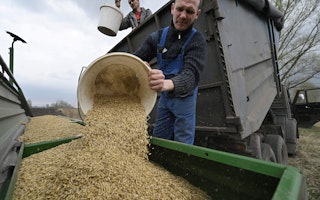
Ukraine’s grain helps feed the world. But Russia’s invasion has blocked their path to market, contributing to global famine.
Valuing Domestic Work
A Feminist Future of Work: Three African Feminist Leaders Revolutionizing Domestic Work
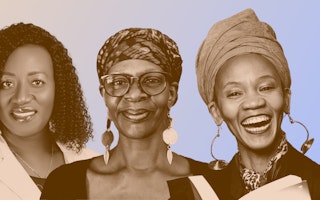
Three African feminist leaders are seeking to change the way care and domestic workers are seen and treated—pushing for policies and protections.
Corporate Responsibility
Q&A: Why (Some) Investors Want More Regulation
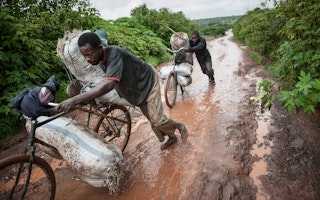
As the EU works on rules to protect worker rights and the planet from corporate harm, Open Society’s Jon Jacoby spoke to Anita Dorett, of the Investor Alliance for Human Rights, about how investors are pushing for change.
Environmental Education
These Flashcards Will Change the Way You Think About the Climate Crisis

A creative new project aims to bolster climate literacy, spark hard conversations, and ensure youth voices are heard. How flashcards can be a catalyst for change.
Exposing Corruption
Time to Shut Down Dirty Money’s “London Laundromat”

The UK’s move to strengthen anti–money laundering rules will also require well-funded enforcement.
A Dispatch from Kyiv
Resiliency in Ukraine

The war in Ukraine isn’t over, but thanks to the courage of Ukrainians and the resilience of civil society, vulnerable groups are getting support.
Democracy in Action
Q&A: Working Towards a More Representative and Participatory Democracy in France
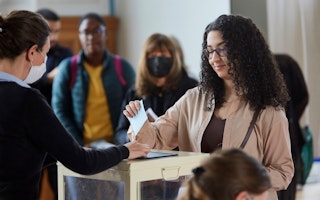
Audrey Fortassin of French nonprofit Tous Elus tells us about her organization’s efforts to get people out to vote, the importance of diversity and renewal, and what the organization is doing to boost democracy in France.
Ukraine’s Independent Media
Q&A: Telling War Stories Under Fire
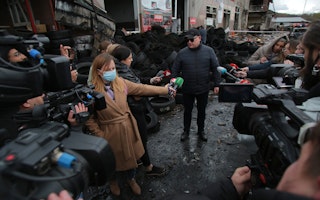
It is incredibly tough to cover war against an enemy who wields disinformation amid the bombs and bullets. Yet thousands of displaced Ukrainian journalists carry on. What it takes to keep their stories coming.
Fighting COVID-19
A $100 Million Booster for Vaccine Equity
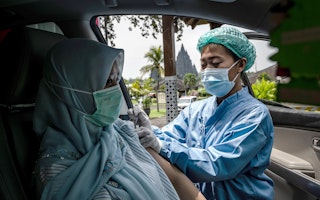
As the fight against COVID-19 continues, all countries need access to vaccines, not just the rich ones. Open Society’s $100 million commitment to COVAX will help deploy millions of vaccines to the nations most in need.
Accountability for Atrocities
Building War Crimes Cases in Ukraine
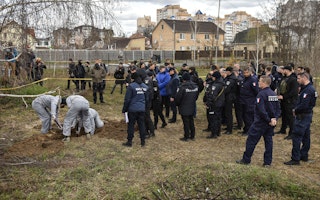
The horrific slaughter of innocents in Ukraine will test the ability of the international justice system to hold Russia accountable for its misdeeds. A veteran human rights lawyer on the challenges and opportunities ahead.